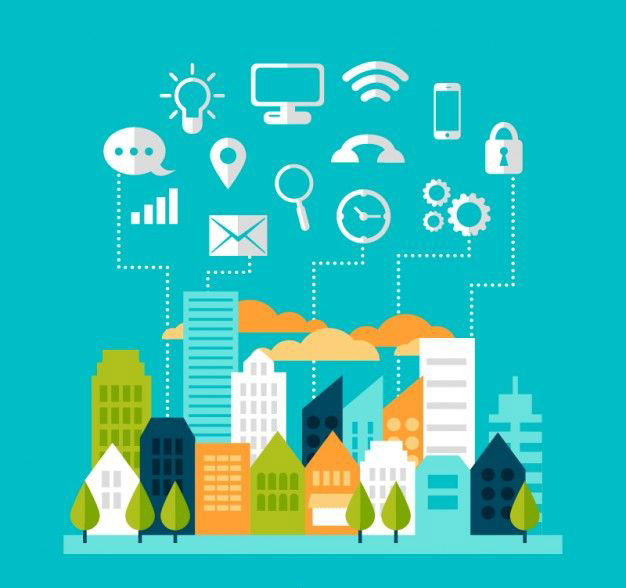A t-shirt proclaimed ‘I don’t need you, I have Wi-Fi’. In this digital world, Wi-Fi is almost the staple bread of the data hungry world. With such flair, Wi-Fi has taken the telecom landscape by storm reshaping and impacting the strategies for many telcos. Moreover, in the buzz of many cities from across the globe yearning to become smart cities, Wi-Fi can become the platform to launch and monetize smart services. With Wi-Fi taking a plunge in all forms, let’s take a look at how it plays a foundation role in enabling governments, city administrations and telcos to roll out smart services across cities and enhance revenue potential.
Reinforcing the transit
With people utilizing trams, railways, airports, cabs and other public transport as their means of transportation, the captive groups during the transportation cycle becomes a potential Wi-Fi user. This makes a huge opportunity for operators, carriers and governments to generate revenues. Carriers or government can partner with the public transport authorities to provide free Wi-Fi coupons or freemium models with the tickets purchased and can settle on some partnership model for a win-win situation.
Increase use of Location based services
Government, city councils and telcos can partner with commercial establishments like hotels, entertainment, malls, and restaurants. They can launch an app with multiple functionalities including local search with maps, retail, social networking from which citizens can login to get information on nearby places and the deals, promotions, offers at those places via pop up or push notifications. This would help to increase the monetization opportunities by a revenue sharing model.
Wi-Fi Offload for customer experience
As more and more telcos activate 3G and 4G services to tackle bandwidth issues, Wi-Fi offloading onto government or telcos owned hotspots would become significant. Wi-Fi can become an equal network in a heterogeneous network scenario where main focus would be to provide enhanced service experience to users. With Next-gen technologies, seamless offload onto Wi-Fi will lead the front thus creating a new revenue earning model between the cellular network provider and hotspots providers.
Advertisement and analytics
Promoting and advertising government utility/services on the portal and app will benefit the citizens with the information as well as help to increase revenue inflows through advertisers. Moreover, enriched data with demographics can be collected during the first login for public Wi-Fi access. This can definitely help in learning more about users and provides with a wealth of data to relay relevant and payable information, promote advertisements accordingly, fuelling an enhanced model of user experience.
Apart from those mentioned, there are a lot of business models including IoT support through which government and telcos both can create new revenue opportunities by taking this technology to a hitherto unseen potential level of innovation. Elitecore, one of the leading providers of Wi-Fi service management platform played a key role in enabling two of the major cities as a smart city. To know more about Elitecore Smart City solution click here














